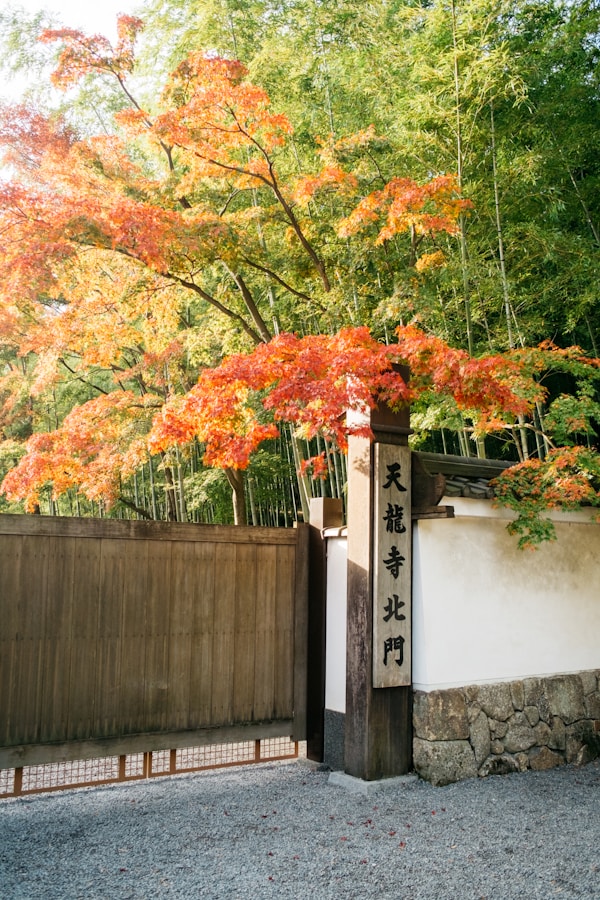.svg)
Can Buying an Akiya Property Help Foreigners Secure Residency in Japan?
.svg)
.svg)
.svg)

Starting an Airbnb in Japan in 2025 is a promising venture but requires careful compliance with the country’s Minpaku Law. This regulation limits rentals to 180 days per year unless exceptions apply and mandates property registration, guest logs, and adherence to strict safety standards. Ensuring zoning compliance and clear waste management instructions are also key steps. Hosts must account for income, consumption, and local accommodation taxes, while maintaining good relations with neighbors by setting clear rules and managing guest behavior. For non-resident or busy hosts, hiring a property manager can streamline operations. Success depends on preparation, legal adherence, and creating a welcoming experience.


Running an Airbnb in Japan can be a rewarding venture, combining the opportunity to meet travelers from around the globe with the potential for a steady income stream. However, the process involves navigating Japan’s regulatory landscape, which has been refined over the years to ensure compliance and maintain community harmony. If you’re planning to start an Airbnb in Japan in 2025, this detailed guide will walk you through the legal requirements and key considerations to ensure a smooth operation.

The cornerstone of Airbnb regulations in Japan is the Minpaku Law, enacted in 2018 to regulate short-term rentals. This law was introduced to address concerns about unregulated rentals affecting neighborhoods and to ensure safety standards for guests.
Not all properties are eligible for short-term rentals. Factors to consider include:
You must register with the local government office where the property is located. The process typically involves:
Japanese law emphasizes guest safety. Required measures include:
Maintaining a guest log is mandatory. This includes:
Japan’s strict waste disposal rules vary by municipality. Ensure guests understand how to sort and dispose of garbage by providing clear instructions in multiple languages.

Maintaining good relationships with neighbors is critical to running a successful Airbnb. Tips include:
If you live outside Japan or are unable to manage the property yourself, hiring a property manager is a practical solution. Professional managers can handle:

Starting an Airbnb in Japan in 2025 offers exciting opportunities, but success depends on strict adherence to legal requirements and a commitment to guest satisfaction. By understanding and complying with the Minpaku Law, addressing local concerns, and managing your property professionally, you can create a rewarding experience for both you and your guests. Whether you’re a resident or a foreign investor, the key to a thriving Airbnb business in Japan lies in preparation, compliance, and hospitality.
Start your journey with Luxey today! Sign up for free and get instant access to the best property listings.



